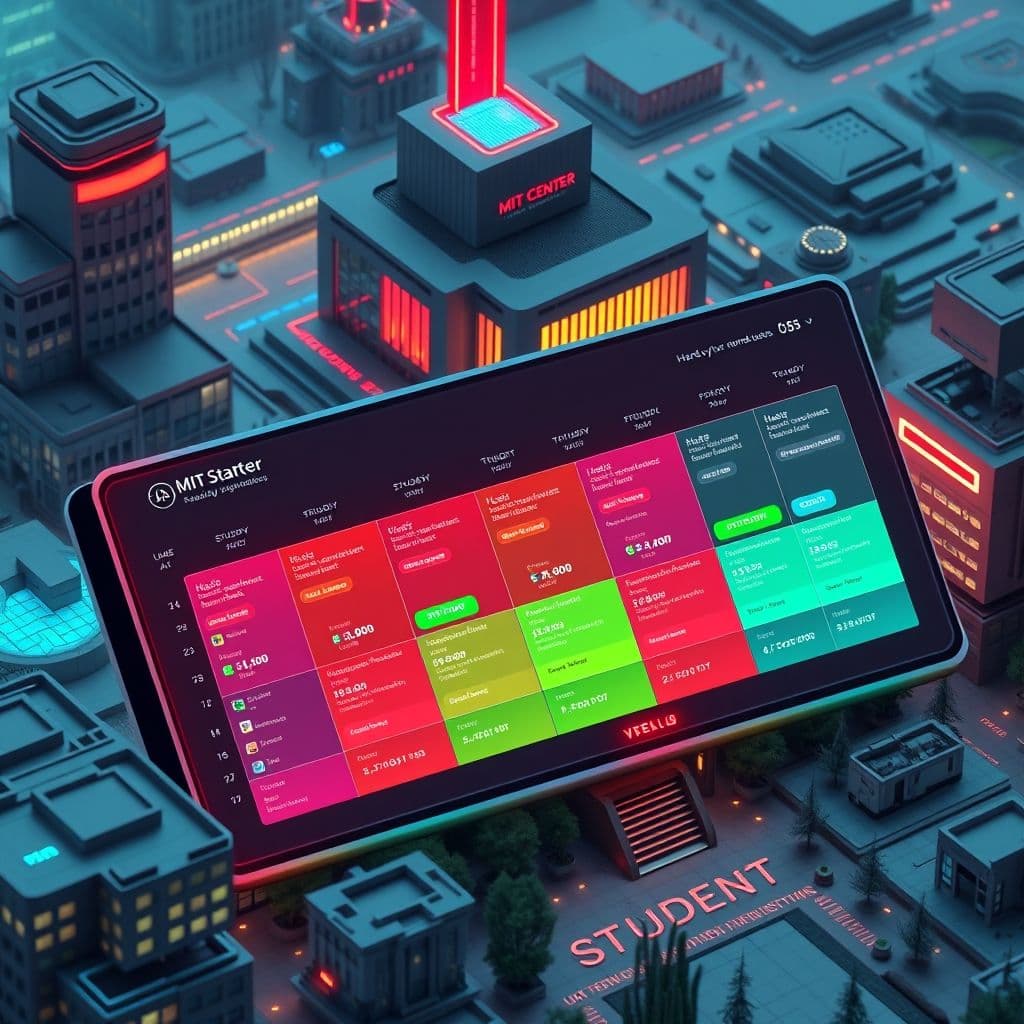The Ultimate Time Management Solution for Students: A Hypothetical SaaS Idea

Time management remains one of the biggest challenges for students worldwide. Between lectures, assignments, group projects, and personal commitments, many find themselves constantly playing catch-up. The problem isn't just about remembering deadlines - it's about effectively allocating limited time across competing priorities. What if there was a comprehensive solution designed specifically for student needs?
The Student Time Management Crisis
Modern students face unique time management challenges that traditional planners can't solve. The comments from our TikTok analysis reveal three core pain points: the difficulty of balancing individual and group work ('group assignments are literally killing me'), the tendency to underestimate task duration ('it will ALWAYS take longer than you think'), and the constant battle against procrastination ('I can't get off my phone'). These issues are compounded by the pressure of looming deadlines ('2 weeks until my finals and I'm stressed') and the need to optimize study sessions around unpredictable schedules.

A Hypothetical SaaS Solution: StudentTime AI
Imagine an AI-powered platform that understands the unique rhythms of academic life. This hypothetical solution would combine intelligent scheduling with collaborative features specifically designed for student workflows. The system could automatically parse syllabus documents to create a master timeline, then use machine learning to suggest optimal study blocks based on course difficulty, personal productivity patterns, and upcoming deadlines. For group projects, it could facilitate task delegation and progress tracking while automatically syncing with all members' schedules.
Key features might include: AI-generated study plans that adapt to your progress, smart notifications that account for task duration estimates (learning from your past performance), focus mode tools to minimize distractions, and integration with popular learning management systems. The platform could even incorporate wellness breaks and suggest optimal times for rest based on your workload intensity.

Potential Impact and Use Cases
Such a tool could transform student experiences in multiple scenarios. For the procrastinator, the system could provide gentle accountability through progress tracking and predictive alerts ('At your current pace, you'll need to start this assignment today to finish on time'). For group projects, it could automatically find meeting times where all members are available and track individual contributions. During exam periods, it could generate personalized revision timetables that balance all subjects while preventing burnout.
Conclusion
While current apps address pieces of the student time management puzzle, a comprehensive solution tailored to academic workflows remains an exciting opportunity. By combining AI scheduling with specialized features for both individual and collaborative work, such a platform could significantly reduce student stress and improve academic outcomes. The demand is clearly present - the question is which team will bring this vision to life first.
Frequently Asked Questions
- How would this hypothetical SaaS differ from existing calendar apps?
- Unlike generic calendar tools, this solution would be purpose-built for academic workflows - automatically importing syllabus deadlines, understanding the unique requirements of group projects, and incorporating study optimization algorithms based on learning science principles.
- What would prevent students from ignoring the system's suggestions?
- The hypothetical platform could employ behavioral design techniques like gradual habit formation, personalized motivation triggers, and social accountability features (for group work) to encourage consistent use without being overly intrusive.
- How might this tool integrate with existing educational software?
- An ideal implementation would offer seamless connections with major learning management systems (Canvas, Blackboard, etc.), note-taking apps, and communication platforms to create a centralized hub for all academic planning.


